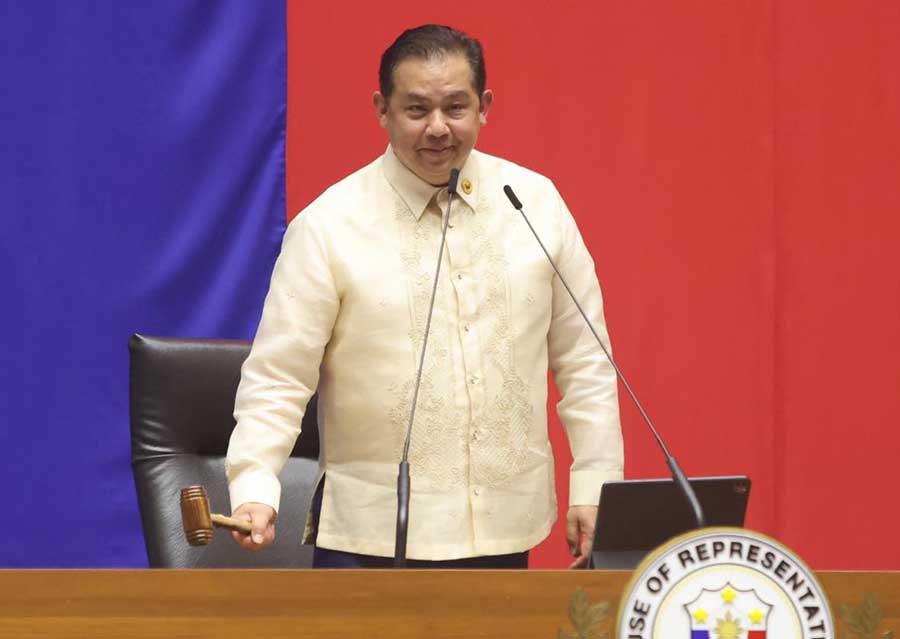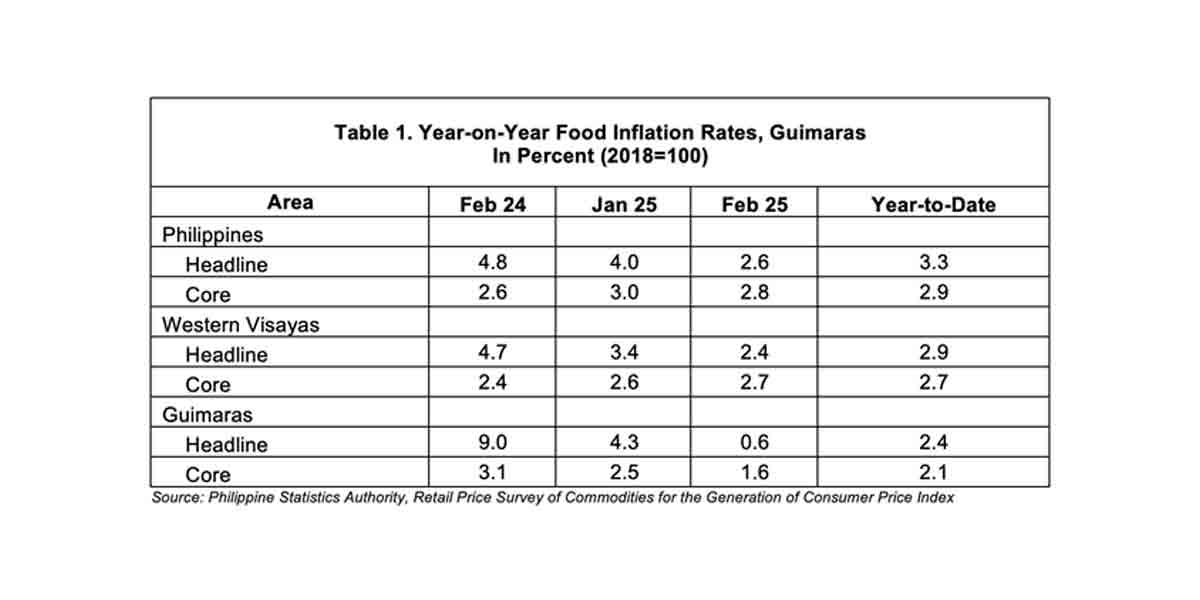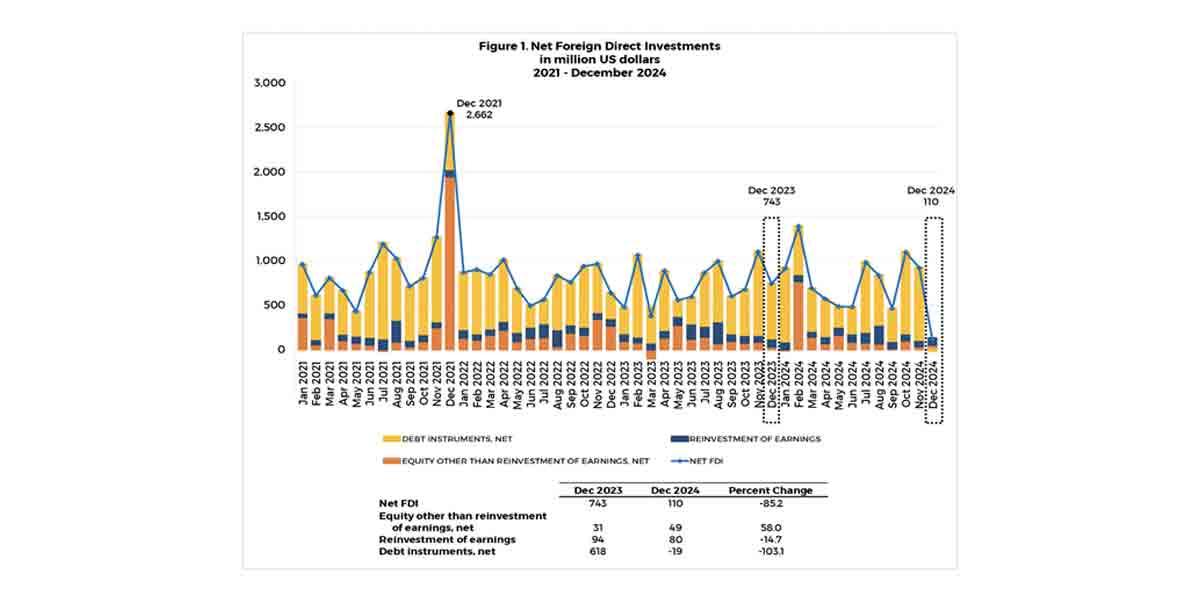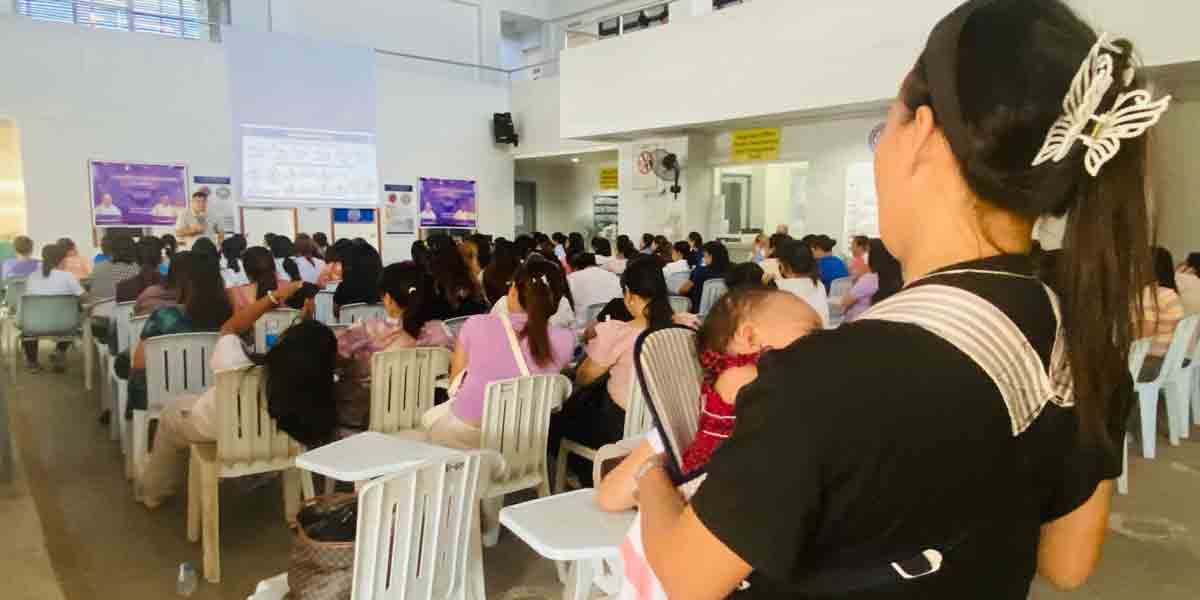
THE House of Representatives approved on third and final reading Wednesday the updated new bill that revitalizes and strengthens the midwifery industry in the country, repealing two old laws, one of which ran as long as 64 years ago.
With an overwhelming 186 votes, Speaker Ferdinand Martin G. Romualdez lauded the passage of House Bill (HB) No. 10079, entitled “An Act Strengthening the Practice of Midwifery as a Profession in the Philippines,” superseding two edicts that are considered no longer applicable in today’s digital age.
“We must pay tribute to and honor our midwives, the unsung heroes in providing compassionate care and expertise to mothers and newborns. They are the backbone of maternal and child care. We laud their hard work and dedication. We need to help them equip their skills and gain more knowledge in their profession,” Speaker Romualdez, the leader of the 300-plus strong House of Representatives, said.
“This bill is equipped with provisions that will help existing midwives to gain more knowledge in the practice of their profession. This is a tribute to our midwives who have been serving our country for almost all their lives,” main author Rep. Salvador Pleyto Sr. of Bulacan said.
The measure, once enacted into law, will repeal two old laws – Philippine Midwifery Law (Republic Act 2664) enacted in June 1960, which took effect 64 years ago; and Philippine Midwifery Act of 1992 (Republic Act 7392), which is already 32 years old.
“Both laws have been enacted several decades ago. It is only but proper to repeal the said republic acts to adapt to the changing times,” the congressman of Bulacan province’s sixth district said. His co-authors include Reps. Migs Nograles, PM Vargas, Luis Campos, and Ron Salo, among others.
HB 10079 provides for a “Board of Midwifery” which will be composed of four (4) members, and shall be under the “direct supervision” of the Philippine Regulatory Commission that regulates almost all professions, especially the medical health industry, in the country.
The five-man “collegial body” will be headed by a chairperson, all of whom will be “appointed” by the incumbent or sitting President; whose chairperson shall enjoy a six-year term of office – “without reappointment.”
Two other members shall serve for four years, also “without reappointment,” while the other two shall only serve three years “subject to reappointment but for only one term.” “Any vacancy in the Board within the term of a member shall be filled for the unexpired portion of the term only.”
The Midwifery Board shall “supervise and regulate” the practice of the profession; is authorized to “issue, suspend or revoke certificates of registration” for the industry; is allowed to “conduct hearings and investigations to resolve complaints” against midwives for malpractice and others.
It can also issue subpoena ad testificandum (oral testimonies) and duces tecum (documentary evidence); and can “punish with contempt persons obstructing, impeding, or otherwise interfering with the conduct of such proceedings upon application with the court,” the measure stated.
Persons found to be violating this bill, “subject to the approval of the PRC,” shall upon conviction, suffer a fine of not less than P50,000 nor more than P100,000, or to be penalized for an imprisonment of not less than two years nor more than seven years, upon the court’s discretion.






















